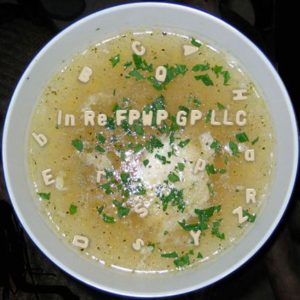Mandatory venue for injunctions: what’s your primary purpose?
January 27, 2017In In re FPWP GP LLC, et al. (January 25, 2017), the Dallas Court of Appeals conditionally granted a writ of mandamus for the district court’s failure to transfer venue under the mandatory venue provision of Section 65.023 of the Civil Practice & Remedies Code, which provides that “a writ of injunction against a party who is a resident of this state shall be tried in … the county in which the party is domiciled.” Courts have struggled at times to apply Section 65.023 because it does not apply to all suits seeking an injunction, but instead only to suits in which the relief requested is “purely or primarily injunctive.” So, if the primary form of relief is something else, e.g. damages, then the mandatory venue provision does not apply. The opinion gave examples of the exception, such as when injunctive relief is simply to maintain the status quo pending litigation or when there is no request for a permanent injunction. But in the case at hand, the plaintiff sought only a declaratory judgment that was effectively a mirror image of the permanent injunctive relief requested. Holding the injunction “was a means to the same end” as the declaratory judgment, the Court held that the primary purpose of the lawsuit was injunctive and that transfer to the county of domicile of the defendants was mandatory under Section 65.023.
